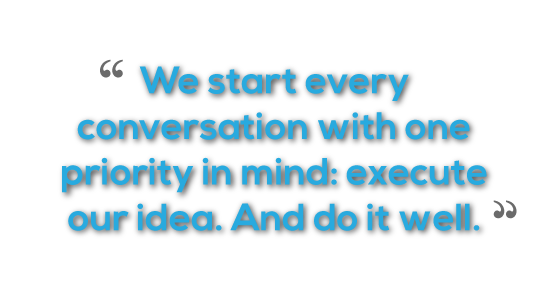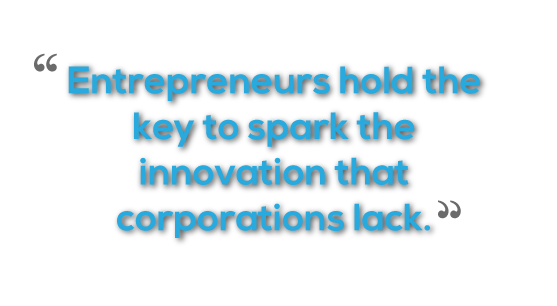SXSW is taking place this week in PopUp Play’s hometown of Austin, TX and as always, we’re excited to be a part of it. While we’ve got some of our own tricks up our sleeves, we are excited for the big brands, Fortune 100+ businesses and inspiring entrepreneurs coming to town! We look forward to learning about their awesome ideas and sharing PopUp Play.
For those who saw us pitch last year at SXSW Accelerator, they might remember PopUp Play differently than what we are today. However, a year has passed and our business has grown with the discovery of a world of opportunity in business partnerships.
We’ve had a year to reflect on the transition, but over the course of the past year we’ve been asked multiple times about this shift in emphasis.
To start answering these questions, we think about our end goal of delivering out-of-this-world, custom products on-demand. This goal was incredibly important, even as a B2C business. With the core goal of creating killer product experiences still in mind, the shift was all in application: looking bigger and beyond what we initially imagined.

Getting momentum for a B2B isn’t easy by any stretch, but we’re fortunate to soon announce our first brand partnership, and have more to come. We’ve also been at the good fortune of the press and lucky to have some major PR opportunities that have helped bring this journey to fruition.
Of course, that doesn’t mean that talking to some of the world’s biggest brands is a walk in the park. Our business is pretty unique, and it takes careful explanation to fully convey our vision and platform capabilities.
So, what’s it like for an early startup to pitch some mega-brands? We start every conversation with one priority in mind: execute our idea. And do it well.
We know and can control two things: first that our product is so uniquely positioned that it is changing the way brands market and position themselves; and second, that partnering with us and other small businesses can sometimes be less risky for big businesses to tackle innovation and spur initiative inside their companies.
And we’re no strangers to risk. It was risky when our co-founders originally launched PopUp Play, and there’s still inherent risk in our transition (although we feel this is actually de-risking the business). At the end of the day, though, we offer large companies unique ideas and the flexibility to execute them. While larger companies have layers of hierarchy pertaining to idea review and experimentation, startups specialize in experimentation and adaption to a changing market and consumer demands.

Harvard Business Review reflects on the mutual aid startups and major brands can give one another: “big companies often end up launching things they can make, not what people want. Successful established companies are focused on increasing scale and are often better at scaling proof of concepts than creating new products from scratch.”
The foundation of our flexibility is in our product itself. We make it easy for companies to deliver custom products on demand using our turnkey design to deliver platform. This capability is one of the driving reasons for our success in a B2C to B2B pivot. The “wow” factor that we saw in kids’ eyes as they created their own playhouse, is the same “wow” consumers and brands feel when this uniquely engaging experience brings the two of them closer.
The shift from B2C to B2B is not easy, but our call to action is the push and benefit of sharing our intellectual property with a bigger audience, expanding the use case and applicability to help provide meaningful relationships for companies and their customers. This is why we do what we do and why we’re spearheading the movement on new brand-to-consumer engagement and new product lines for traditional and non-traditional toy companies. This is also why you’ll continue to see a whole lot of PopUp Play in the news and on the partners radar for many companies worldwide.